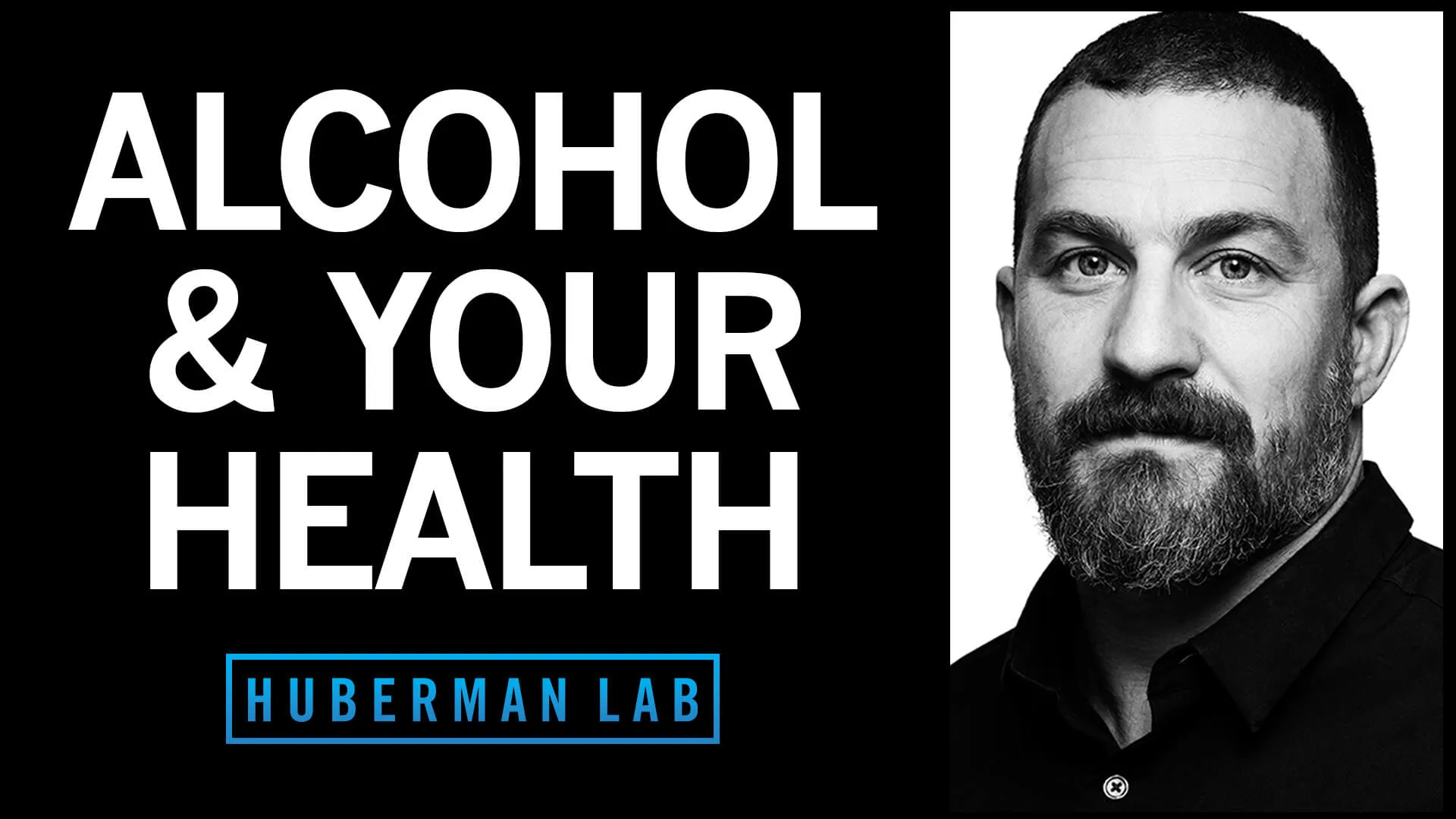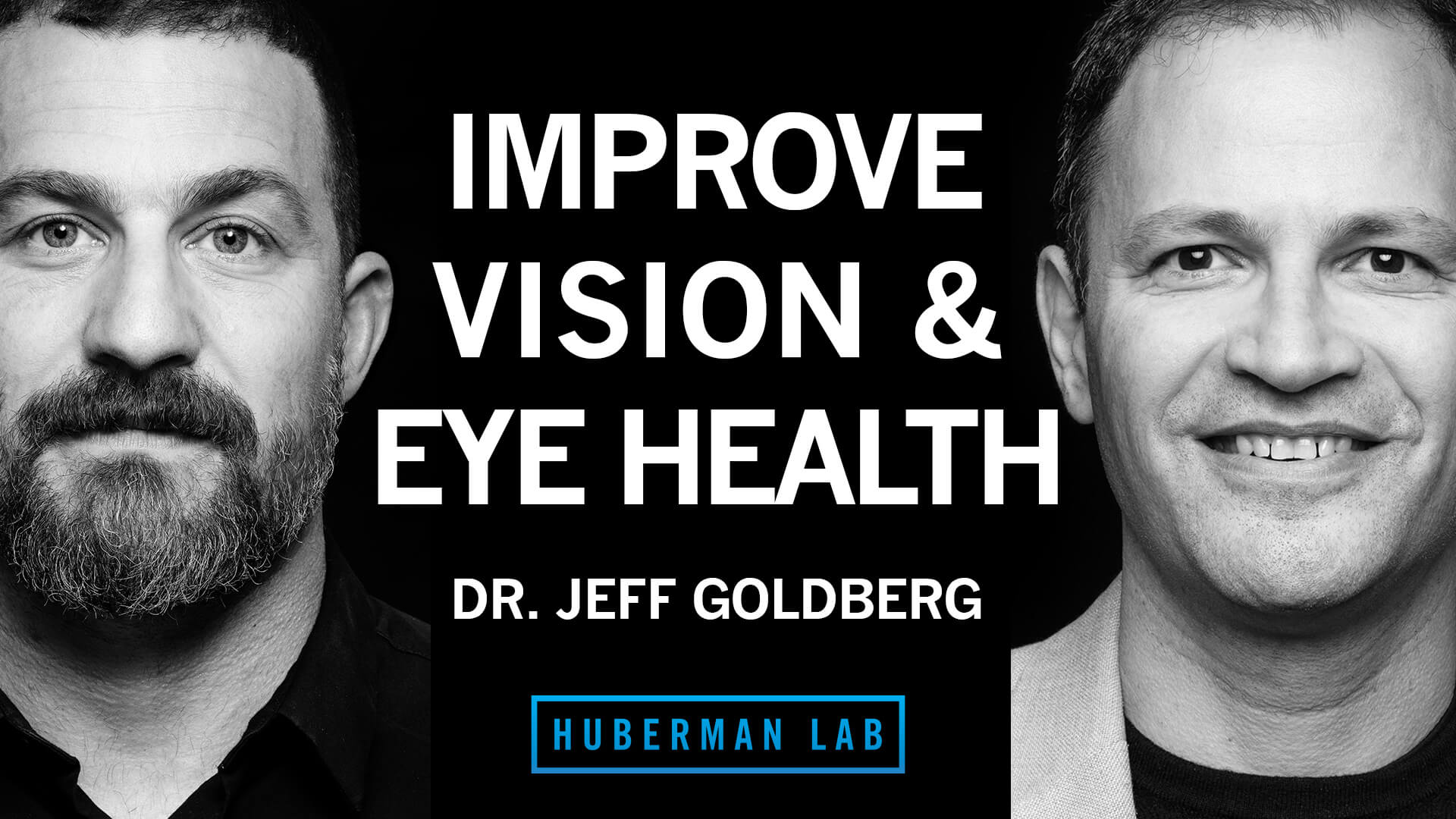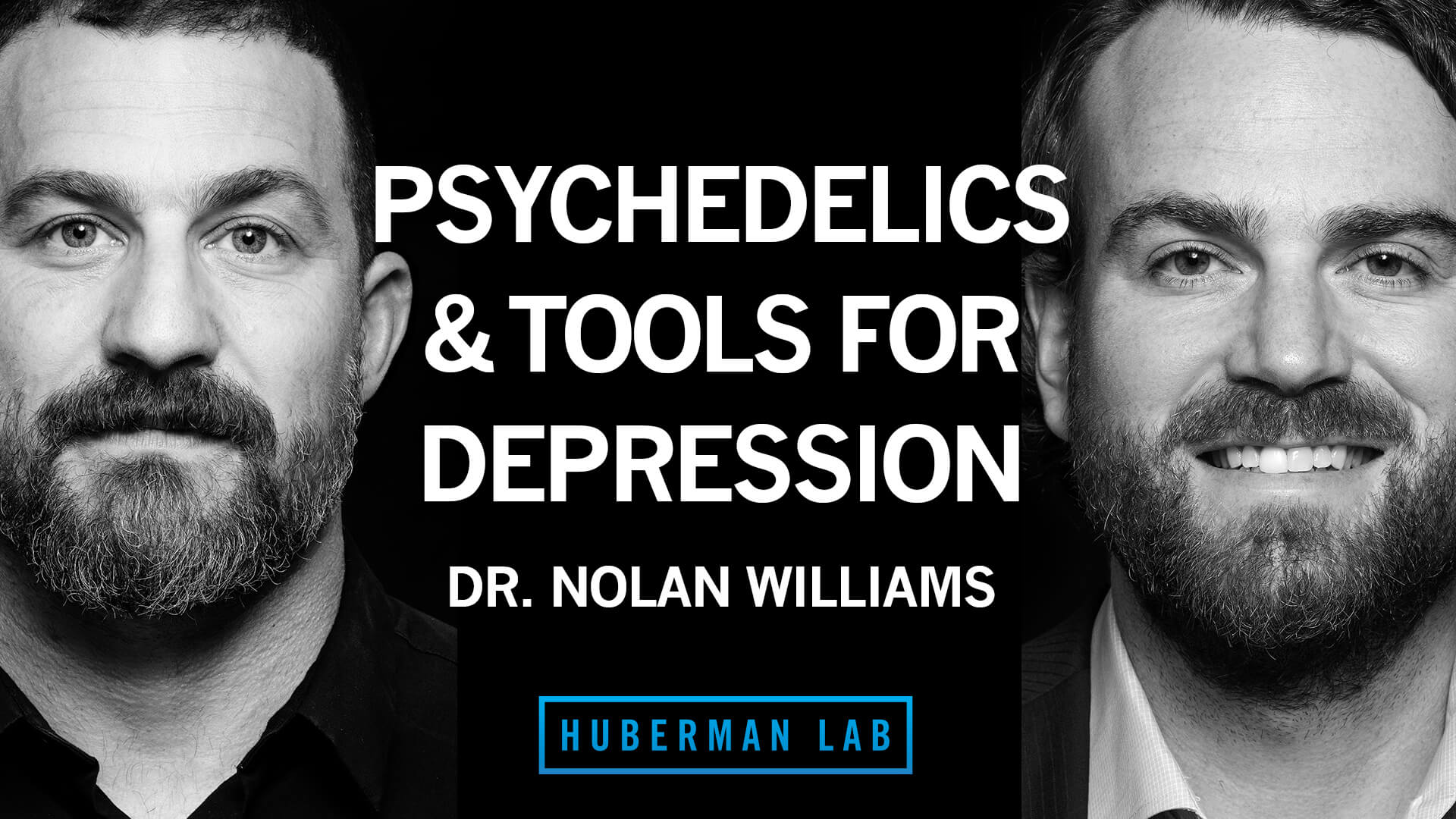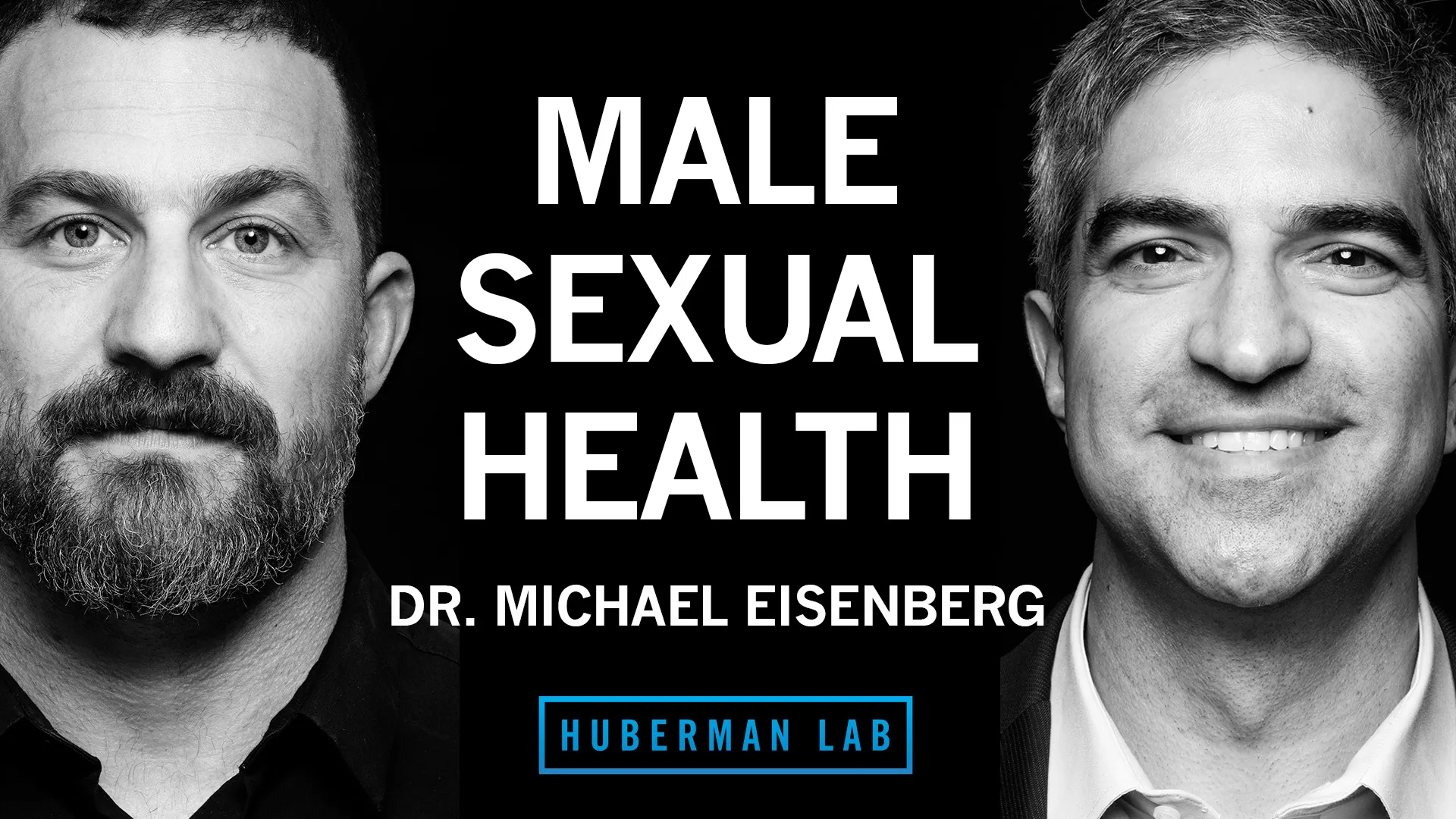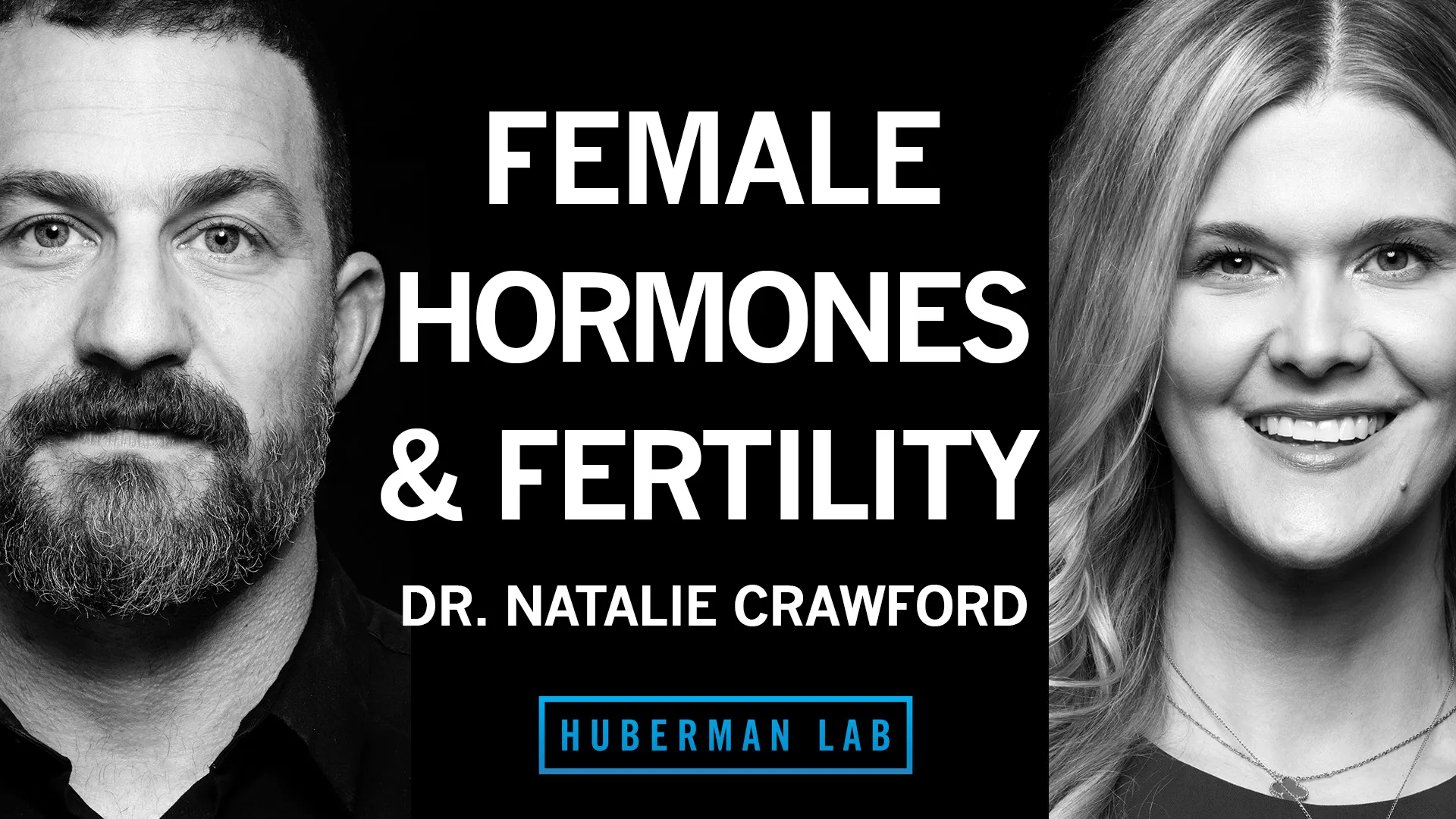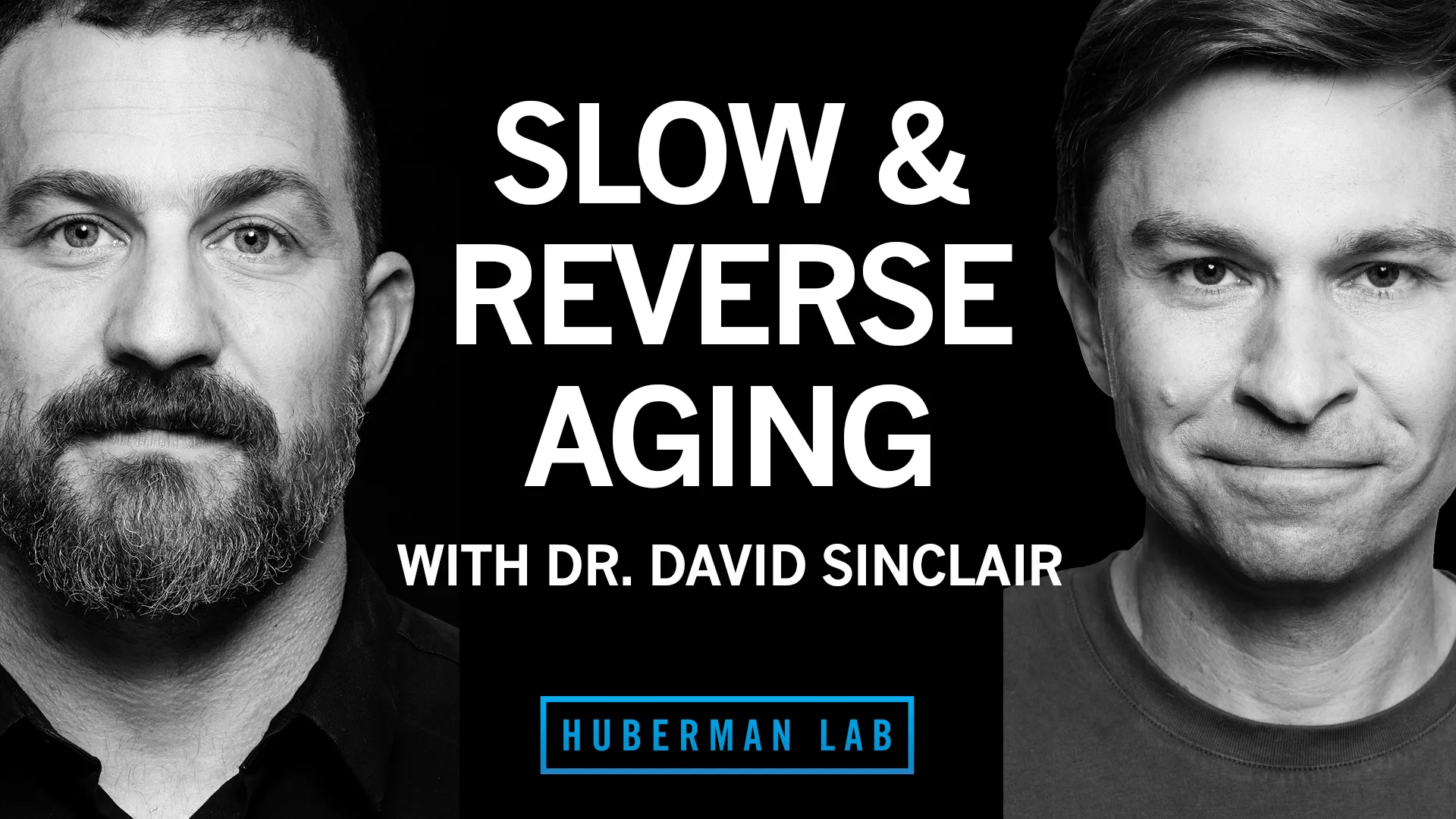
Alcohol, Tobacco and Cannabis
Alcohol is one of the most commonly consumed substances, though reducing consumption to minimal levels (two drinks or less per week) is generally healthier. Even moderate alcohol intake can negatively impact overall health. Tobacco use in any form can damage endothelial cells, which are crucial for delivering blood and nutrients throughout the body. This disruption leads to increased risks of stroke, heart attack and peripheral vascular disease. Cannabis consumption has a range of effects on both the mind and body, influenced largely by the cannabinoids, THC (tetrahydrocannabinol) and CBD (cannabidiol). While cannabis can provide medical benefits, it can have negative long-term effects with chronic or heavy use.
Research on alcohol and tobacco clearly demonstrates their negative effects on mental and physical health, while research on the effects of cannabis is still emerging and more nuanced. The goal is not to shame or judge anyone for their substance use: these substances are commonly used for recreation, social connection and relaxation, and choices around their use are deeply personal. Whether the choice is to use, reduce or abstain, understanding the potential health effects can empower healthier and more informed choices.

- Overview
- Watch Now
Learn about Alcohol, Tobacco and Cannabis
- Guest Experts
- Resources
- FAQs
- Related Topics
Table of Contents
- Overview
- Watch Now
Learn about Alcohol, Tobacco and Cannabis
- Guest Experts
- Resources
- FAQs
- Related Topics
Watch Now

Dr. Matthew Hill: How Cannabis Impacts Health & the Potential Risks
In this episode, my guest is Dr. Matthew Hill, Ph.D., a professor of cell biology and anatomy at the Hotchkiss Brain Institute at the University of Calgary and an expert on the biology of cannabis.
Learn about Alcohol, Tobacco and Cannabis
Effects of Alcohol on the Brain and Body
Alcohol suppresses the activity of the prefrontal cortex and temporarily boosts serotonin, which can enhance mood and sociability while decreasing inhibition. However, as alcohol is metabolized, these effects diminish, leading to decreased mood and increased desire for more alcohol to regain the initial effects. Chronic alcohol use can lead to long-term changes in the neural circuits that control habitual and impulsive behaviors. These changes can persist even when not drinking alcohol, making individuals more impulsive and less inhibited over time. Fortunately, some effects can be reversed with abstinence over time.
Regular alcohol consumption can lead to inflammation, hormonal imbalances, disrupted gut health and increased cancer risk in both men and women. Additionally, even moderate drinking (one to two drinks per day) has been linked to reduced cortical thickness and decreased gray matter volume in the brain. Historical studies have suggested some cardiovascular benefits of moderate alcohol consumption (like red wine), but recent research contradicts these claims, suggesting the safest approach is minimal to no alcohol intake. However, if you choose to drink, two drinks per week is considered the threshold beyond which negative health effects can occur.
Hangover Recovery, Adrenaline & Deliberate Cold Exposure
From Episode
What Alcohol Does to Your Body, Brain & Health
Alcohol, Skin Health
From Episode
Dr. Teo Soleymani: How to Improve & Protect Your Skin Health & Appearance
Brain Health, Alcohol
From Episode
Dr. Matthew MacDougall: Neuralink & Technologies to Enhance Human Brains
Explore:
Tobacco: Smoking, Vaping and Nicotine
Tobacco use, whether through cigarette smoking, vaping, snuffing or dipping, has significant negative health impacts. Using tobacco products increases blood pressure while reducing blood flow to organs and tissues (including the brain), and exposure to the dozens of carcinogens in tobacco products causes an increased risk of cancer, stroke, heart attack and cognitive decline.
While nicotine — the addictive component of tobacco — can enhance cognitive function and focus in the short-term, these benefits are outweighed by the severe long-term health risks associated with tobacco use. If using nicotine for cognitive performance, nicotine gum, lozenges or toothpicks can avoid many of the harmful effects linked to smoking or vaping.
Quitting smoking can be challenging, but several methods have been found effective in aiding cessation. Using nicotine patches, gum, or nasal sprays (alone or in combination) can help manage withdrawal symptoms in order to gradually reduce nicotine intake over time. Clinical hypnosis has shown promise in enhancing the neural circuits that help maintain cessation, and medications like bupropion (Wellbutrin) can boost dopamine levels, which may also help offset withdrawal symptoms. The first week of withdrawal will be the toughest; use strategies like exercise and support from loved ones to reduce relapse risk.
Smoking, Vaping & Vision Diseases; Cannabis & Eye Pressure
From Episode
Dr. Jeffrey Goldberg: How to Improve Your Eye Health & Offset Vision Loss
Tool: A Nicotine Replacement Schedule to Quit Smoking, Nicotine Patch/Gum
From Episode
Nicotine's Effects on the Brain & Body & How to Quit Smoking or Vaping
Nicotine, Vaping & Skin Appearance
From Episode
Dr. Teo Soleymani: How to Improve & Protect Your Skin Health & Appearance
Explore:
Effects of Cannabis on the Brain and Body
Cannabis, commonly referred to as marijuana, contains a range of compounds that influence both the brain and body. The primary psychoactive component, THC (delta-9-tetrahydrocannabinol), is largely responsible for the plant's intoxicating effects. In contrast, cannabis also contains CBD (cannabidiol), a nonintoxicating compound that can impact mood and anxiety levels without inducing a “high.”
Cannabis has both potential benefits and risks. It's known to reduce pain and nausea, notably in chemotherapy patients, and might help with conditions like glaucoma. However, cannabis use can also have negative effects with chronic use, including increased anxiety, depression and risk of psychosis, especially in individuals with genetic risk factors.
Oral consumption of cannabis (edibles) may be less harmful than smoking, as it avoids lung damage associated with inhaling combustible materials — however, it requires careful consideration of dosing and timing to avoid adverse effects. Vaporizing cannabis flower reduces exposure to harmful combustion byproducts when compared to smoking. At the same time, while the long-term effects of vaping are unknown, there are likely health risks.
Cannabis Strains, Indica, Sativa, Subjective Effects & Expectancy Bias
From Episode
Dr. Matthew Hill: How Cannabis Impacts Health & the Potential Risks
Cannabis: THC vs. CBD, REM Sleep, Withdrawal
From Episode
Guest Series | Dr. Matthew Walker: Protocols to Improve Your Sleep
Cannabis: THC, CBD & Psychosis, Clinical Uses
From Episode
Dr. Nolan Williams: Psychedelics & Neurostimulation for Brain Rewiring
Explore:
Guest Experts
Resources
Articles & Research Papers
- Associations between alcohol consumption and gray and white matter volumes in the UK Biobank (Nature Communications)
- Gut Microbiota at the Intersection of Alcohol, Brain, and the Liver (Journal of Clinical Medicine)
- Tolerance to alcohol: A critical yet understudied factor in alcohol addiction (Pharmacology Biochemistry and Behavior)
- Moderate Alcohol Consumption and the Risk of Breast Cancer (The New England Journal of Medicine)
- Effect of hypnotic suggestion on cognition and craving in smokers (Addictive Behaviors Reports)
- Pharmacological Approach to Smoking Cessation: An Updated Review for Daily Clinical Practice (High Blood Pressure & Cardiovascular Prevention)
- Nicotine Addiction: Neurobiology and Mechanism (Journal of Pharmacopuncture)
- Tobacco, Nicotine, Health, and Mental Health (Encyclopedia of Mental Health)
- Inspired by Mary Jane? Mechanisms underlying enhanced creativity in cannabis users (Consciousness and Cognition)
- Use patterns, beliefs, experiences, and behavioral economic demand of indica and sativa cannabis: A cross-sectional survey of cannabis users (Experimental and Clinical Psychopharmacology)
- The relationship between cannabis use, schizophrenia, and bipolar disorder: a genetically informed study (The LANCET Psychiatry)
- Lower-Risk Cannabis Use Guidelines: A Comprehensive Update of Evidence and Recommendations (American Journal of Public Health)
Additional Resources
- Examine.com — Alcohol & Hangover
- Substance Abuse and Mental Health Administration (SAMHSA)
- Reveri app (Andrew Huberman is an advisor)
Disclaimer If you are struggling with alcohol dependence or substance use issues, the Substance Abuse and Mental Health Services Administration (SAMHSA) offers free resources and support. Call 1-800-662-4357.

